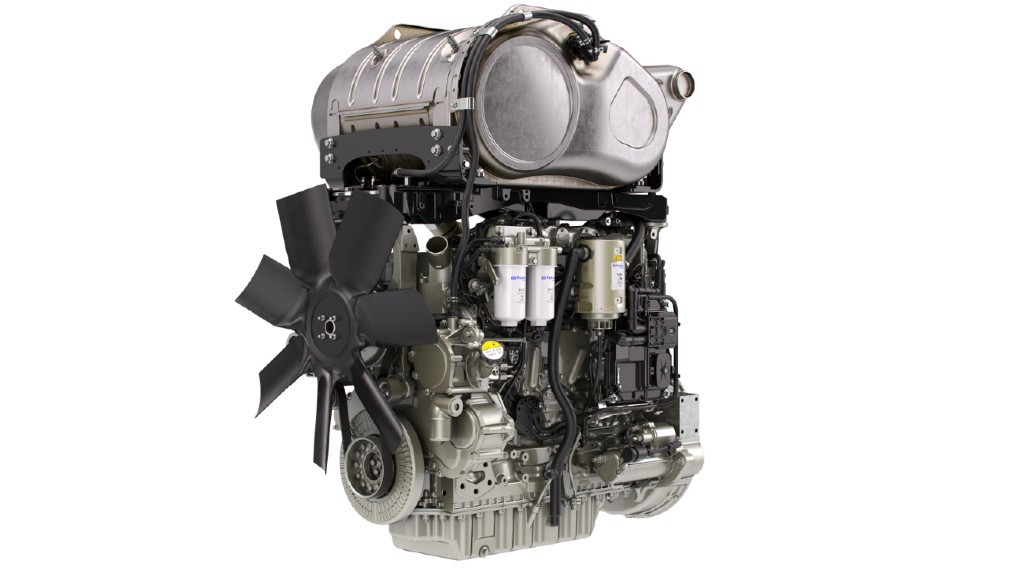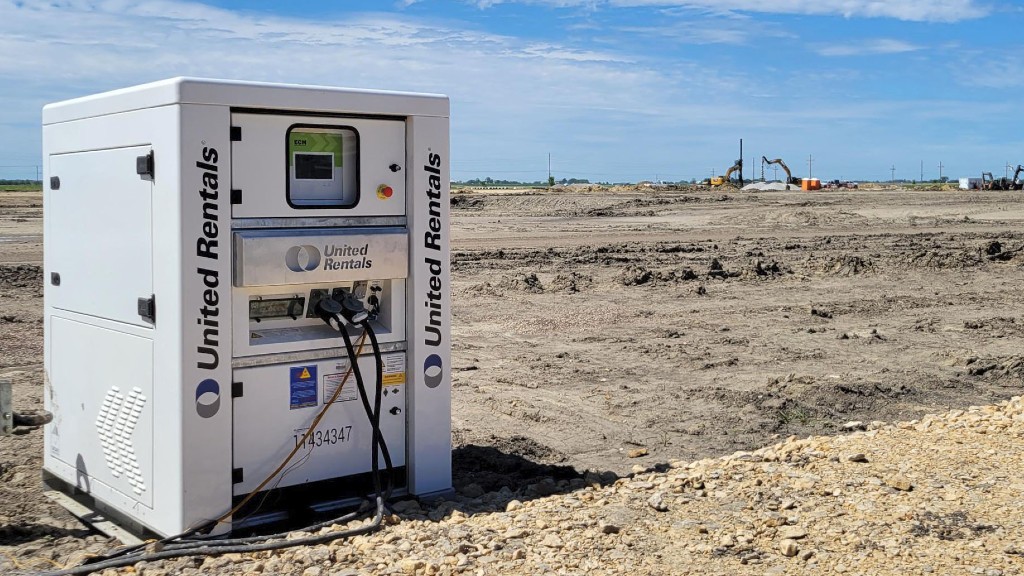
Perkins has started a collaboration with Equipmake and Loughborough University's Mechanical, Electrical, and Manufacturing Engineering School to develop and produce an advanced multi-fuel ‘drop-in' hybrid integrated power unit. The collaboration will operate under the name of Project Coeus. Perkins says that the power unit will be able to directly replace its diesel engine equivalent in terms of power density and response.
Many off-highway solutions supporting the energy transition focus on large-scale original equipment manufacturers (OEMs) with extensive research and development capabilities. With Perkins' new hybrid integrated power unit, OEMs regardless of the size or application they manufacture, will be able to accelerate their transition to lower-carbon intensity or zero-carbon fuels. These additional fuels include hydrogen, methanol, bio-ethanol, and other more sustainable fuel types. The initial demonstration utilizes hydrogen.
The U.K. government helped fund Project Coeus with £11.14 million to develop the 7-litre 1200 Series industrial power unit with hybrid-electric components and advanced controls to enable operation on hydrogen fuel. The 45 to 250 kW hybrid powertrain system will be configured with factory-installed ECM sensors, radiators, cooling packs, filtration, control systems, and aftertreatment hardware in an integrated package that minimizes OEM development timelines and reduces engineering and assembly costs.
The three-and-a-half-year project will be led by Perkins' global engineering headquarters in Peterborough, U.K., with Equipmake providing the ePowertrain technology and Loughborough University supporting through advanced engine analytics and emissions control.
Project Coeus will see the design, development, and manufacture of a multi-fuel ‘drop-in' hybrid powertrain, which directly replaces existing diesel solutions in off-highway machines.
"We are pleased to have secured this opportunity to accelerate the development of advanced off-highway power system solutions," said David Goldspink, vice president and general manager at Perkins. "This project will explore, innovate, and lead the way to solving some of the key challenges facing the off-highway industry's energy transition and support the transition towards reduced carbon in this key sector."
Project Coeus will be supported by funding through the APC, leveraging research and engagement to provide insight that drives early-stage R&D.
Multiple approaches to the energy transition
One size doesn't fit all in power solutions advancements. In addition to this advanced hydrogen hybrid integrated power unit, Perkins is driving numerous initiatives to help OEMs manage the energy transition to a more sustainable, lower-carbon future. These include:
- 48-, 300-, and 600-volt lithium-ion battery solutions with modular designs and factory-installed telematics that Perkins is developing. Perkins says that these batteries are aimed to optimize performance and packaging in off-highway applications.
- EU Stage V and U.S. EPA Tier 4 Final industrial diesel engines and industrial open power units (IOPU) that are available to help OEMs reduce greenhouse gas emissions from their machines.
- A full range of engines that, without modification, can use a wide range of lower-carbon intensity drop-in fuels such as hydrotreated vegetable oil (HVO) and biodiesel.
- Highly configurable integrated, end-to-end diesel-electric hybrid powertrains, suitable for a wide range of off-highway applications.
- Connectivity solutions with hardware reading important engine data that is displayed as timely insights.
- Aftermarket capabilities promoting sustainability through improved fuel efficiency and prolonged machine life cycles, such as Perkins Hypercare packages and overhaul kits to full replacement engine solutions.



